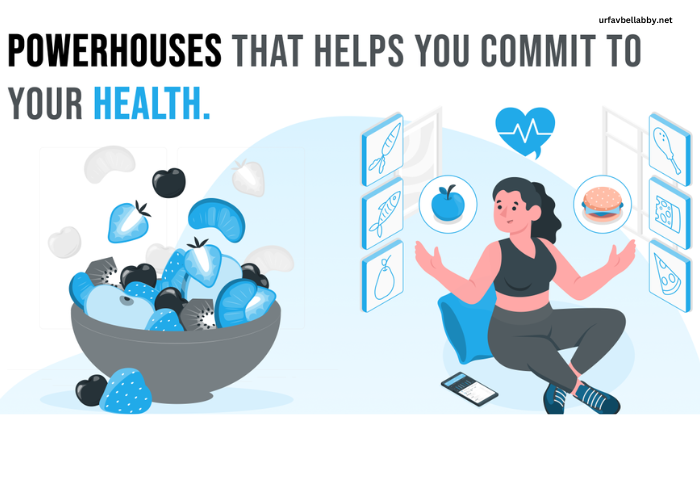In today’s fast-paced world, it’s easy to overlook our health in the midst of busy schedules, work demands, and social obligations. However, prioritizing your health is the key to living a long, fulfilling life. Whether it’s improving your physical fitness, mental well-being, or overall lifestyle, making your health a top priority is essential. Here are expert tips on how to achieve a balanced and healthier life:
1. Understand the Importance of Self-Care
Self-care isn’t just about pampering yourself; it’s a vital component of maintaining your health. According to health experts, self-care involves taking deliberate actions to maintain or improve your physical, mental, and emotional well-being. This includes getting enough sleep, eating nutritious food, exercising, and managing stress. Start by scheduling time for self-care, even if it’s just a few minutes a day.
2. Make Time for Regular Exercise
Physical activity is one of the most effective ways to boost your health. The World Health Organization recommends at least 150 minutes of moderate-intensity aerobic activity per week, along with muscle-strengthening exercises twice a week. Regular exercise helps reduce the risk of chronic diseases like heart disease, diabetes, and obesity. Find an activity that you enjoy, whether it’s walking, cycling, yoga, or strength training. Consistency is key, and the benefits will follow.
3. Nourish Your Body with Balanced Nutrition
The food you eat plays a significant role in your health. Experts advise following a balanced diet that includes a variety of whole foods such as fruits, vegetables, whole grains, lean proteins, and healthy fats. Avoid highly processed foods, sugary drinks, and excessive amounts of alcohol. Additionally, staying hydrated by drinking plenty of water throughout the day is vital for maintaining energy levels, improving digestion, and supporting your immune system.
4. Prioritize Mental Health and Stress Management
Mental health is just as important as physical health. Chronic stress can lead to anxiety, depression, and a weakened immune system. It’s crucial to find ways to manage stress and nurture your mental well-being. Experts recommend practices like mindfulness meditation, deep breathing exercises, and journaling. Additionally, taking time to relax and engage in hobbies or activities that bring you joy can significantly reduce stress levels.
5. Sleep Well and Recover
Sleep is often the most overlooked aspect of health. However, experts agree that adequate sleep is essential for both physical and mental recovery. Adults should aim for 7-9 hours of sleep each night. Good sleep hygiene includes maintaining a regular sleep schedule, creating a comfortable sleep environment, and limiting exposure to screens before bed. Quality sleep enhances cognitive function, strengthens the immune system, and supports emotional balance.
6. Build Strong Relationships
Social connections are integral to maintaining a healthy life. Positive relationships with family, friends, and loved ones help to lower stress, boost happiness, and provide emotional support. Experts suggest nurturing these relationships through regular communication, spending time together, and being there for one another during tough times. Building a strong social network can also enhance your mental health and provide a sense of belonging.
7. Listen to Your Body and Seek Professional Help
Finally, always listen to your body. If you experience signs of illness, fatigue, or persistent discomfort, don’t hesitate to seek professional medical advice. Regular check-ups and screenings with your healthcare provider can help catch any potential health issues early, ensuring that you stay on track with your wellness journey.
8. Set Realistic Goals and Stay Consistent
Improving your health is a long-term commitment that requires dedication and consistency. Set realistic, achievable goals, such as working out for 30 minutes a day or reducing processed food intake. Celebrate small victories along the way, and remember that setbacks are part of the process. The key is consistency and staying focused on your long-term health objectives.
Conclusion
Prioritizing your health doesn’t require drastic changes overnight. By incorporating small, sustainable habits into your routine—such as exercising regularly, eating nourishing foods, managing stress, and getting quality sleep—you’ll be taking crucial steps toward living a healthier, more balanced life. By adopting expert advice and staying committed to your well-being, you can enjoy a long and fulfilling life, free from preventable health issues.





